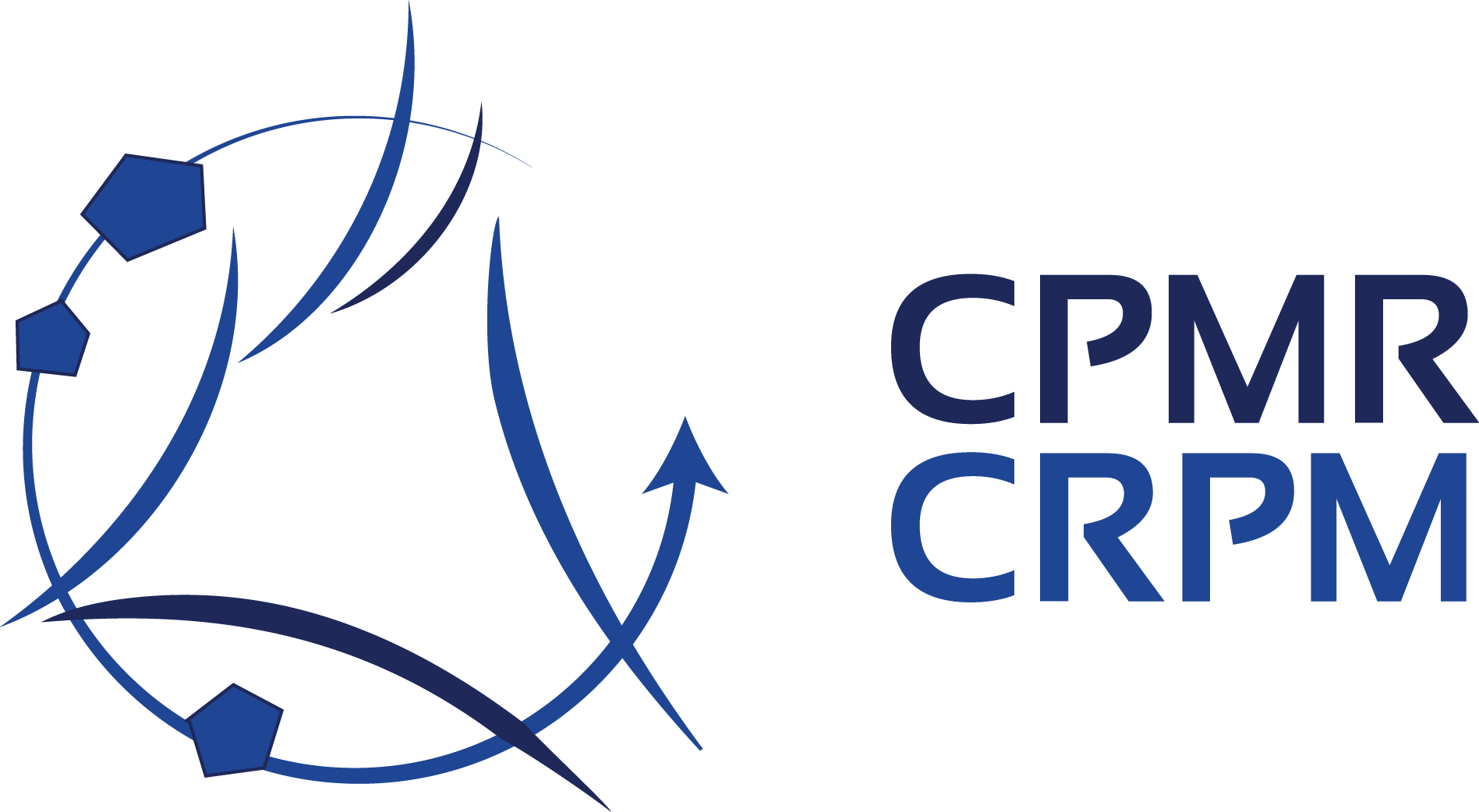Deep-sea mining: an avoidable threat for the Ocean, marine life and coastal communities

Deep-sea mining: an avoidable threat for the Ocean, marine life and coastal communities
Pathways for European action to protect deep-sea ecosystems from harm
Hosted by MEP Caroline Roose and MEP Marie Toussaint
Organised with the support of Seas at Risk and the Deep Sea Conservation Coalition
Monday 6 March | 18:00-20:00 (CET)
Room SPINELLI 1G2, European Parliament, rue Wiertz 60, 1047 Brussels
Interpretation provided in EN-FR-ES
> Join us for a small drink after the conference <
Please find HERE the recording of the meeting
The deep sea - the area of the ocean beyond 200 meters depth - plays a key role in climate regulation and stock exploitation. Species diversity rivals that of the rainforests; and with each new scientific expedition, new species are discovered. Deep-sea mining is a major future threat for the ocean. World States, including EU member States, are currently debating whether to open the deep ocean to commercial exploitation.
If such exploitation is allowed, scientists have already warned that the loss of biodiversity will be inevitable, and possibly massive and irreversible. This also includes concern about impacts on fish populations, including those of commercial interest and key to the livelihood of coastal communities, and the potential release of sequestered greenhouse gases from the ocean floor and other impacts on climate change. Deep sea mining would ultimately compromise many of the UN Sustainable Development Goals if allowed to happen.
In the face of such risks, the European Parliament has also called three times for an international moratorium on deep-sea mining, followed recently by the European Commission, which called for prohibiting deep-sea mining until scientific gaps are properly filled and that it can be demonstrated that no harmful effects arise from this activity.
Several Member States have expressed their support for a precautionary pause, moratorium or ban either at the International Seabed Authority or at the International Union for the Conservation of Nature 2021 World Conservation Congress, joining an increasingly growing opposition to deep-sea mining from a large array of stakeholders (NGOs, technology and car companies, fishing sector...).
This event, organised and hosted by MEP Caroline Roose, member of the SEArica Intergroup and MEP Marie Toussaint, represents a timely opportunity to discuss pathways for upcoming European initiatives to safeguard the deep ocean from irreversible harm.
Event Properties
| Event Date | 06-03-2023 18:00 |
| Event End Date | 06-03-2023 20:00 |
| Categories | Conférence 2019-2024,Biodiversity and Ocean Literacy,Climate & Governance,Marine and Maritime Research |
| Attachment | SEArica_DeepSeaMining_DraftAgenda_v.06.03.23.pdf |
What is an Intergroup?
The Seas, Rivers, Islands and Coastal Areas Intergroup is one of the 27 Intergroups that were approved on 11 December 2019 by the Conference of Presidents for the 9th legislature of the European Parliament. Intergroups can be formed by MEPs from any political group and any parliamentary committee with a view to holding informal exchanges of views on particular issues and promoting contact between MEPs and civil society.
The Seas, Rivers, Islands and Coastal Areas Intergroup brings together more than 100 MEPs from 7 different political groups and 23 Member States.
Intergroups are not Parliament bodies and therefore may not express Parliament's opinion.
Intergroups are subject to internal rules adopted by the Conference of Presidents on 16 December 1999 (last updated on 11 September 2014), which set out the conditions under which intergroups may be established at the beginning of each parliamentary term and their operating rules.










